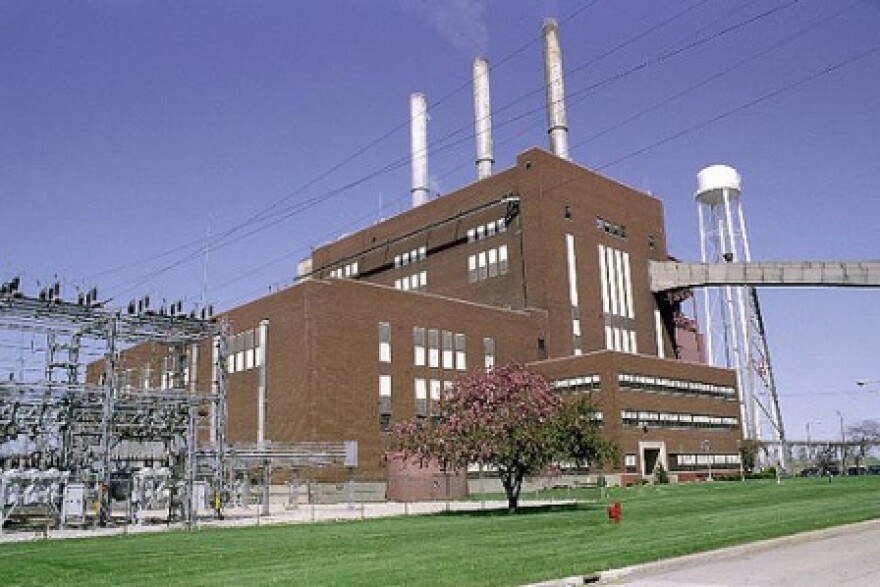The state Senate has adopted an overhaul of Michigan’s energy policy. It’s designed to ensure reliability as the state’s big utilities replace aging coal-fired plants that have to shut down.
The plan is supported by utilities, but opposed by smaller suppliers that compete with utilities for customers like large factories and school districts.
State Senator Mike Nofs (R-Battle Creek) is the plan’s primary architect. He says it requires the smaller suppliers to answer some questions if they want to compete:
“Where you going to get your energy from? How you gonna have it? How you gonna produce it? Who’s going to pay for it? How much is it going to cost?”
Nofs says requiring suppliers to have a three-year energy plans ensures their customers aren’t dumped on utilities if a business fails. The companies typically look for deals on the energy spot market. Critics say the plan imposes too many controls on competitors.
The Senate plan also calls for a boost in the floor for generating electricity from renewable resources to 15 percent by 2021. But some critics say the mandate has too many loopholes.
The bills now go to the state House, where they must be dealt with in the Legislature’s lame duck session. Otherwise, lawmakers will have to start over next year.





